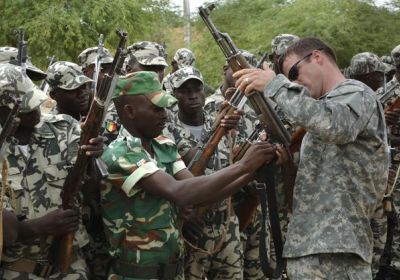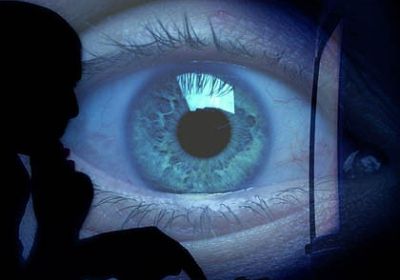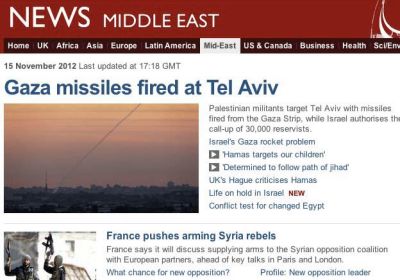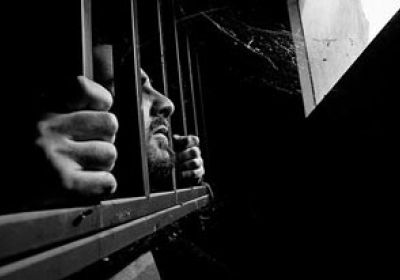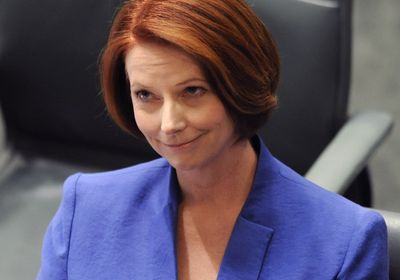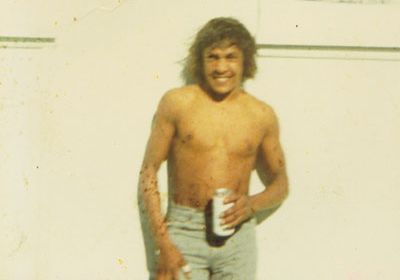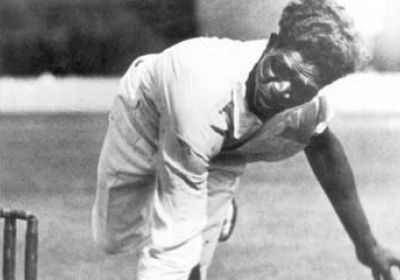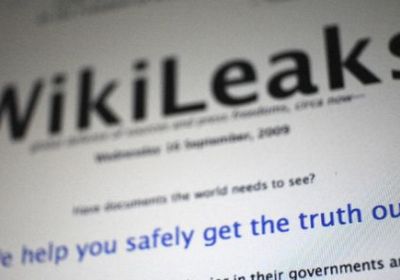
Last December, I stood with supporters of WikiLeaks and Julian Assange in the bitter cold outside the Ecuadorean embassy in London. Candles were lit; the faces were young and old and from all over the world.
They were there to demonstrate their human solidarity with someone whose guts they admired. They were in no doubt about the importance of what Assange had revealed and achieved, and the grave dangers he now faced. Absent entirely were the lies, spite, jealousy, opportunism and pathetic animus of a few who claim the right to guard the limits of informed public debate.
